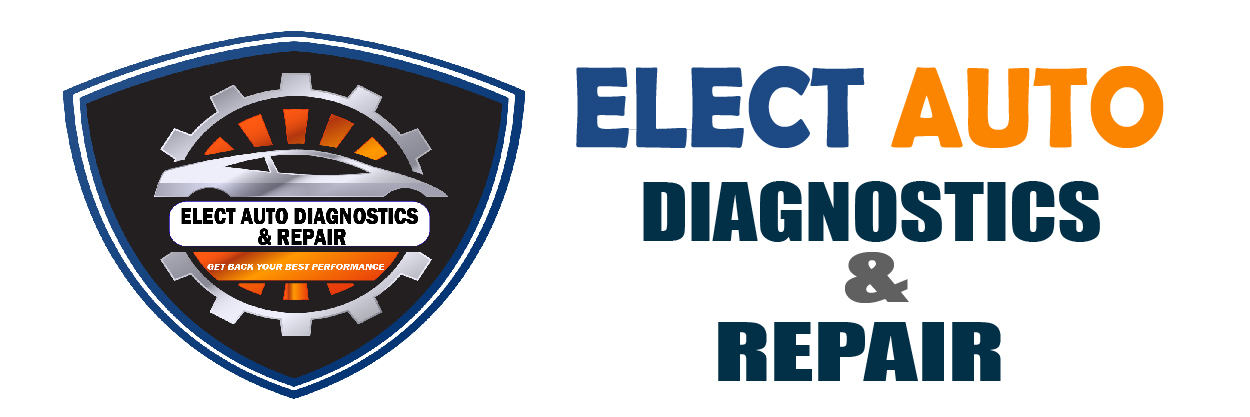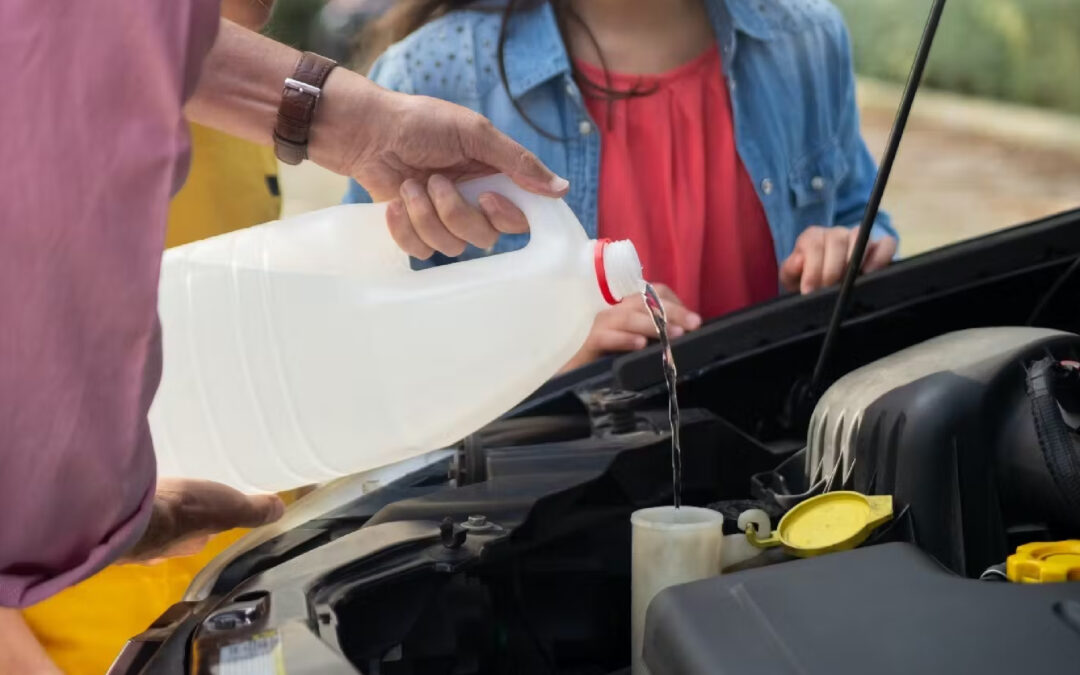Essential Car Maintenance Tips for New Drivers
Becoming a car owner is an exciting milestone in life, but it can also be quite overwhelming for new drivers. Proper car maintenance is crucial not only to keep your vehicle in top shape but also to ensure safety on the road. In this article, we will discuss some fundamental car maintenance tips designed specifically for beginners. By following these guidelines, you can avoid costly repairs and ensure a longer lifespan for your vehicle.
1. Regular Fluid Checks
One of the first things novice drivers should learn is the importance of checking their vehicle’s fluids. Several essential fluids keep your car running smoothly and efficiently. These include:
a. Engine Oil: Engine oil is the lifeblood of your vehicle. Regularly checking the oil level and ensuring it is at the right viscosity is crucial. The type of motor oil you use is also essential. Consult your car’s manual to determine the recommended oil grade and change it at the intervals specified.
b. Coolant: Maintaining the correct level of coolant is crucial to prevent your engine from overheating. Check your owner’s manual for guidance on the appropriate coolant mixture for your vehicle.
c. Transmission Fluid: Transmission fluid is vital for smooth gear shifting. Ensure it is at the recommended level and change it as advised in your vehicle’s maintenance schedule.
2. Choose the Right Motor Oil
Selecting the right motor oil is critical for your engine’s performance and longevity. Different vehicles have varying requirements, so it’s essential to consult your owner’s manual or seek guidance from a trusted mechanic. The correct motor oil will keep your engine running efficiently and help prevent premature wear and tear.
3. Tire Maintenance
Regular tire maintenance is not only vital for your car’s performance but also for your safety on the road. Check your tires regularly to ensure they are in good condition. Pay attention to the following:
a. Tire Pressure: Underinflated tires can reduce fuel efficiency and affect your vehicle’s stability. Use a tire pressure gauge to check the pressure at least once a month. The recommended tire pressure can usually be found on a sticker inside your car’s door jamb or in the owner’s manual.
b. Tread Depth: Proper tire tread depth is essential for maintaining traction on the road, especially in wet or slippery conditions. Use a tread depth gauge to check if the depth is within the legal limit.
4. Brake Inspection
Your car’s brakes are one of the most critical safety components. If you notice unusual noises or vibrations when braking, it’s essential to address these issues promptly. Ignoring brake problems can lead to extensive auto diagnosis and costly repairs. Regularly inspect your brake pads, rotors, and brake fluid to ensure they are in good condition.
For new drivers, understanding the basics of car maintenance is not just a matter of convenience; it’s a matter of safety and long-term cost savings. Simple practices like checking fluids, tire pressure, and brakes can go a long way in keeping your vehicle running smoothly and avoiding the need for costly auto diagnosis and repairs down the road. By following these fundamental car maintenance tips, you’ll be better equipped to enjoy the exciting journey of car ownership while ensuring a safe and reliable driving experience.

